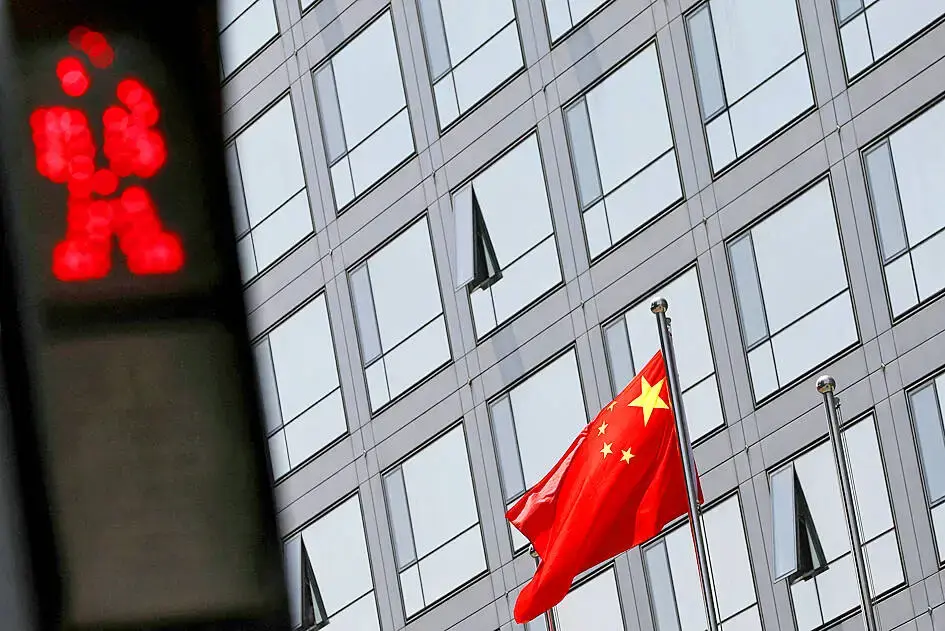- cross-posted to:
- globalnews@lemmy.zip
- news
- cross-posted to:
- globalnews@lemmy.zip
- news
Taiwanese who are traveling to China for religious, business or other non-political purposes can all be interrogated by Chinese national security officers due to new national security laws, the Mainland Affairs Council (MAC) said in a recent report.
Starting next month, Taiwanese could also be asked to hand over their mobile phones and electronic devices for national security inspections when visiting China, the council said.
Beijing has introduced a series of laws that were designed to impose heavier sanctions on people who are considered enemies of the state.
An amendment to China’s Anti-Espionage Law, which took effect in July last year, expanded the definition of “espionage,” while a new law on guarding state secrets, which was enacted last month, allows the Chinese government to arrest people who are accused of leaking state secrets without following legal procedures.
From next month, municipal-level national security agencies are authorized to issue inspection notices for electronic devices owned by individuals and organizations, while national security officers are allowed to seize electronic devices if the devices contain evidence indicating possible contraventions of national security regulations and that further investigation is required.
Also starting next month, Chinese law enforcement officers who properly identify themselves as police or investigators can search a person’s items if they suspect they are a threat to national security.
They can also secure a search warrant issued by a municipal-level national security agency to search individuals, their personal belongings and facilities with which they are affiliated. People under investigation for national security issues can be asked to sign a non-disclosure agreement if necessary.
Information gathered by the MAC showed that Taiwanese of any profession — college professors, borough wardens, tourists, business personnel or even people traveling for religious purposes — might experience improper treatment and could risk “losing their personal freedom” when visiting China.
In one case, a borough warden who used to be a police officer was asked by Chinese national security personnel to hand over their mobile phone for inspection at the hotel they were staying at, the MAC said, adding that they backed up the phone records as proof.
Another case involved a Taiwanese who had compared the political systems in Taiwan and China online and praised Taiwan for being a democratic and free country.
The person was briefly detained by Chinese customs officers and asked what the purpose of their visit to China was, the MAC said.
Taiwanese doing business in China are not subject to more lenient scrutiny from national security personnel either, the council said.
A Taiwanese employee working for a Taiwanese firm in China was warned not to make any more comments about China’s high youth unemployment rate or economic downturn after being questioned by security personnel for hours, the MAC said.
A Taiwanese working as a chief executive in the Chinese branch of a Taiwanese firm was asked about their political leanings upon arrival, while the chairperson of a private association was interrogated about the association’s operations, the council said.
Meanwhile, an adherent of Yiguandao, which is classified by Beijing as a salvationist religious sect, is still being detained for allegedly breaking the law by bringing books promoting vegetarian food to China, it said.
Some managers of Taiwanese temples reported that they had been asked to provide their personal information and reveal what political parties they supported upon arriving in China, the MAC said.
Some Taiwanese teaching at Chinese universities were asked about their political leanings and who they voted for in the presidential election in January, and Chinese national security officers inspected their laptops and mobile phones.
Some political party members have even been detained until they provide details of how their parties operate, the MAC said.


